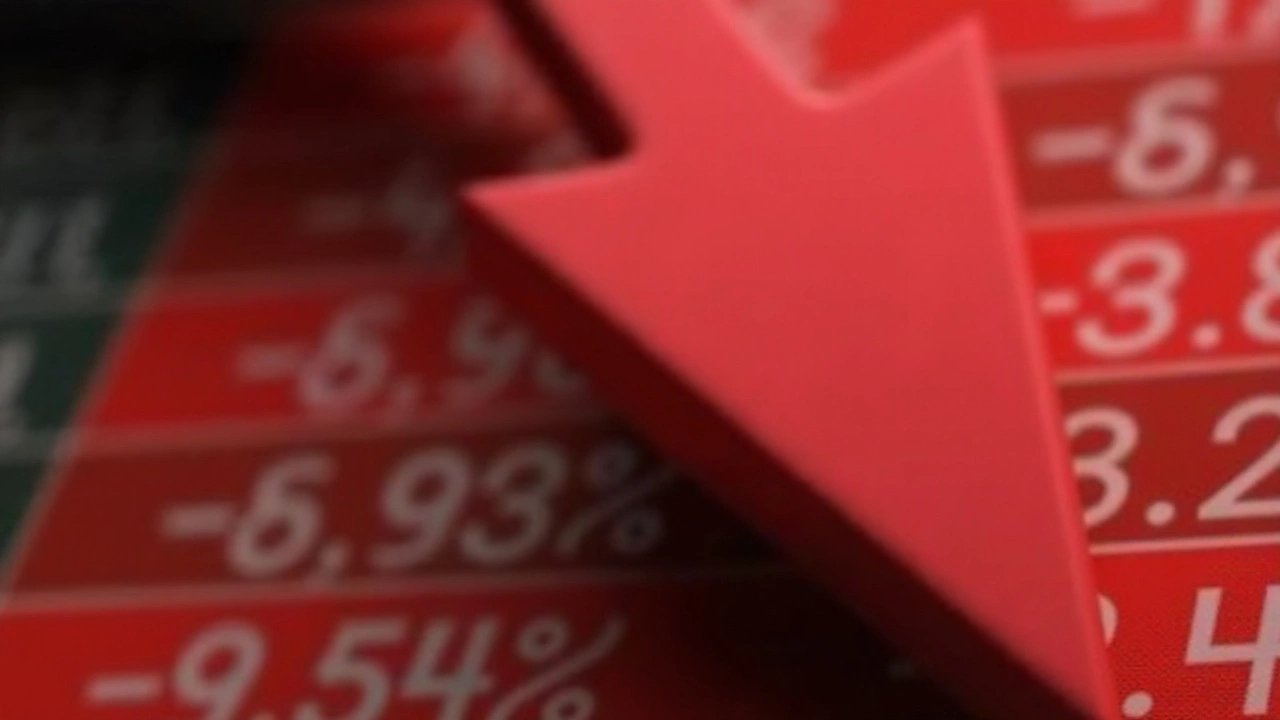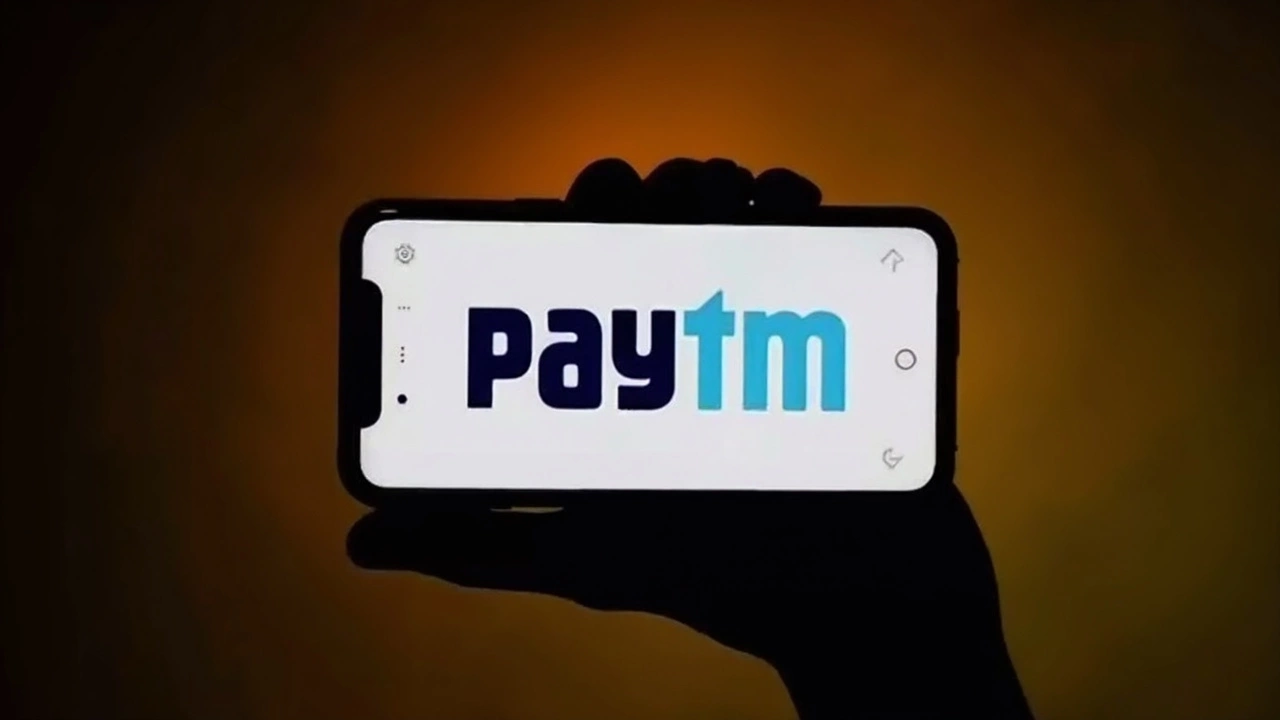
Paytm Shares Tumble After MDR Fee Rumors
Anyone glancing at the stock ticker on June 12, 2025, couldn’t miss Paytm’s fall. The digital payments giant, operated by One97 Communications, saw its shares nosedive by a whopping 10% right after markets opened. What set off the sell-off? A sudden rumor that the government might bring back Merchant Discount Rates (MDR) for UPI transactions above ₹3,000—a fee that merchants have dreaded ever since UPI became a no-cost payment solution.
The share price dropped from a strong start at ₹929.95 all the way down to ₹864.20 before mid-day, making it the sharpest single-day drop for Paytm in over a year. Investors, big and small, scrambled to react before actual information was even available. This panic wasn’t just about one bad day. Paytm’s shares had already been steadily declining—down over 8% across the prior three sessions—hinting that traders were already nervous even before the MDR rumor swept social media and chat groups.

Government Denies MDR Speculation, But Damage Is Done
Within hours, the Finance Ministry stepped in. In a post on X (you might still call it Twitter), officials called the MDR rumors ‘false and misleading,’ saying no such discussion or plan to charge for UPI payments exists. The government’s promise was crystal clear: UPI transactions would stay free for both merchants and customers, reinforcing their earlier policy of keeping digital payments affordable and accessible for everyone. And yet, the clarification came a little too late for nervous investors.
The sense of panic had already set in. Technical analysts quickly pointed out some critical price levels—they noted that if Paytm’s stock keeps sliding below ₹900 or even ₹880, it could freefall further towards ₹815-820. The market clearly wasn’t reassured yet, because the stock continued trading below its key short-term moving averages, though it’s still holding above long-term ones. For context, the stock had seen extremes this year: peaking at ₹1,062.95 in December 2024, and hitting a low of ₹377 last June. That kind of range keeps even seasoned investors on edge.
The company’s market value was still huge—about ₹58,212 crore, but when sentiment sours, no capitalization feels safe. Technicals aside, the real story here is just how quickly unverified news can shake an entire company, even with prompt government responses. For Paytm, and really for any tech stock, the market mood can swing just as fast as the rumors can spread.